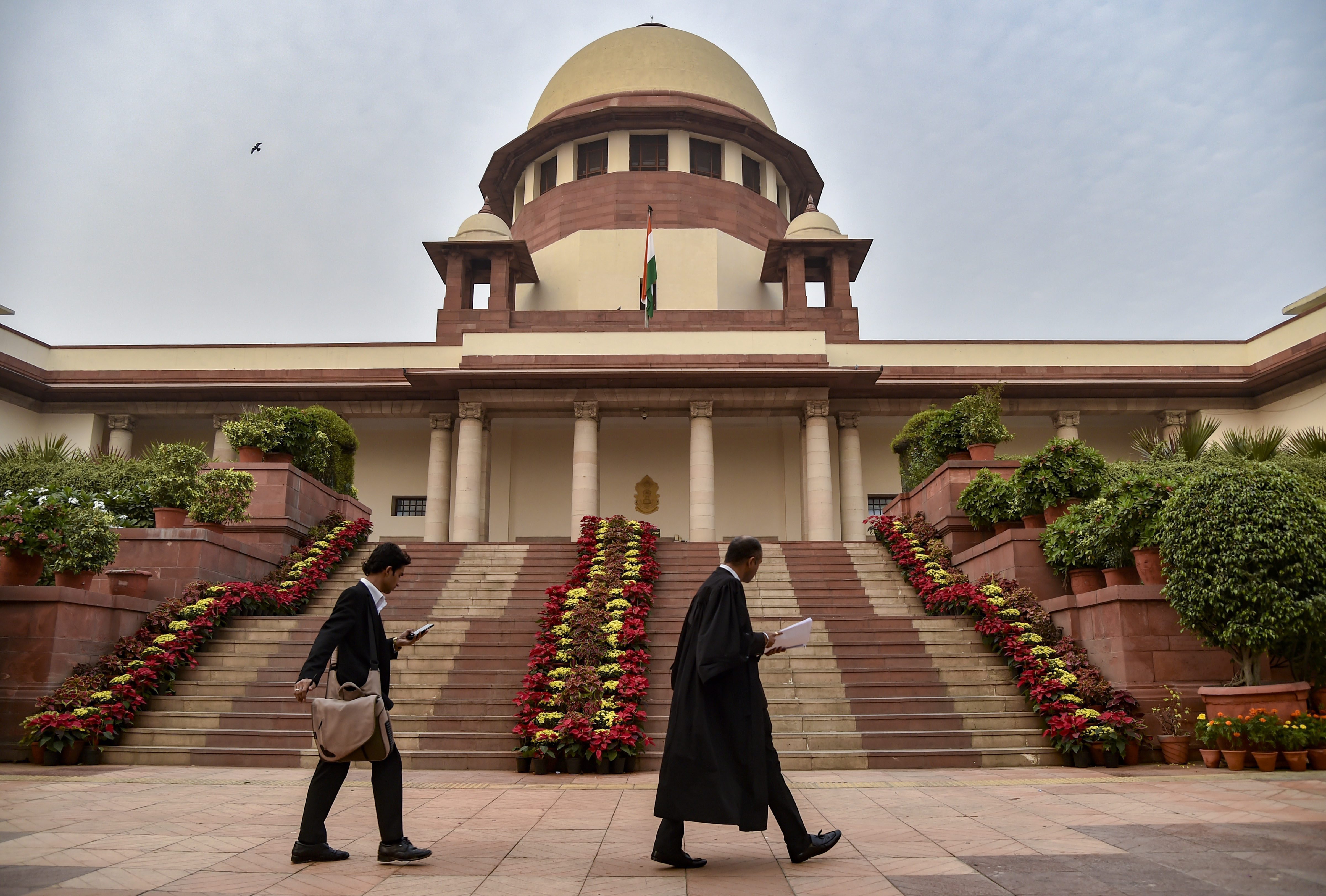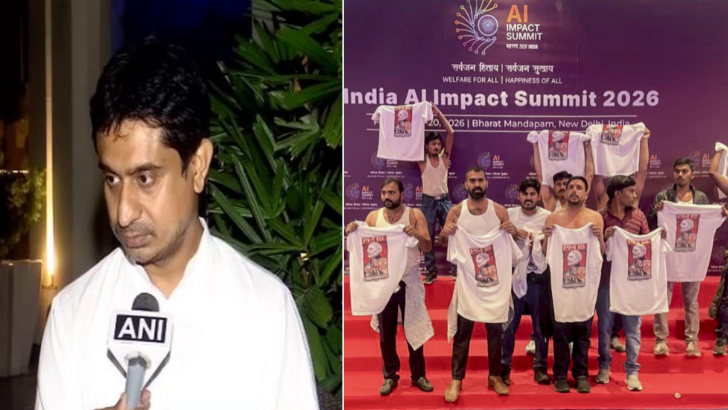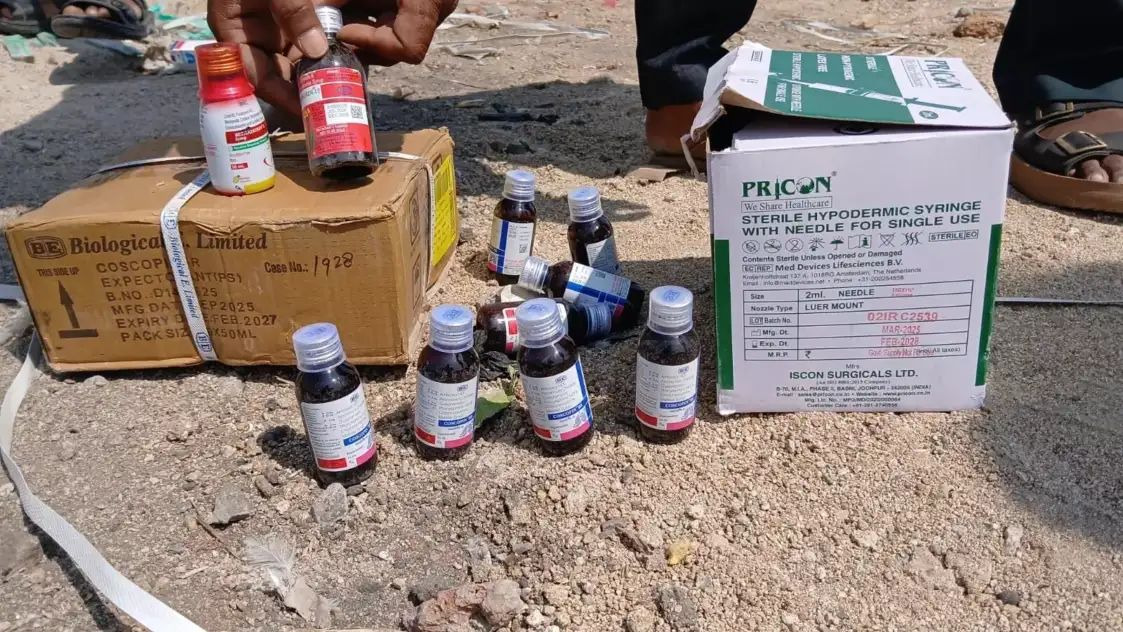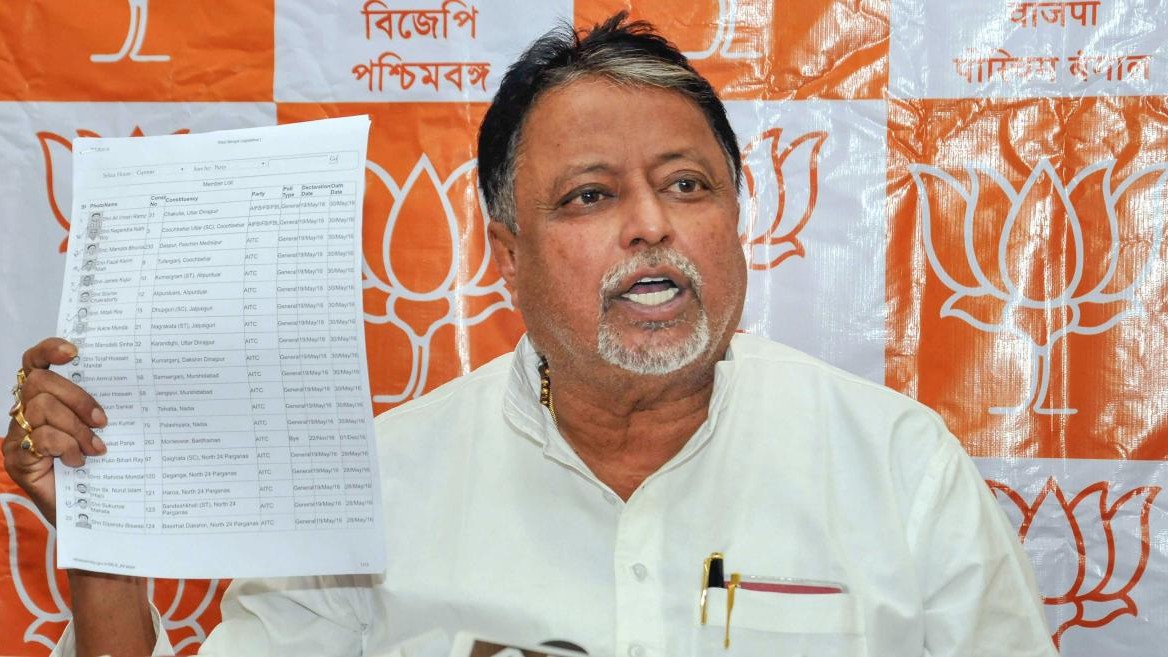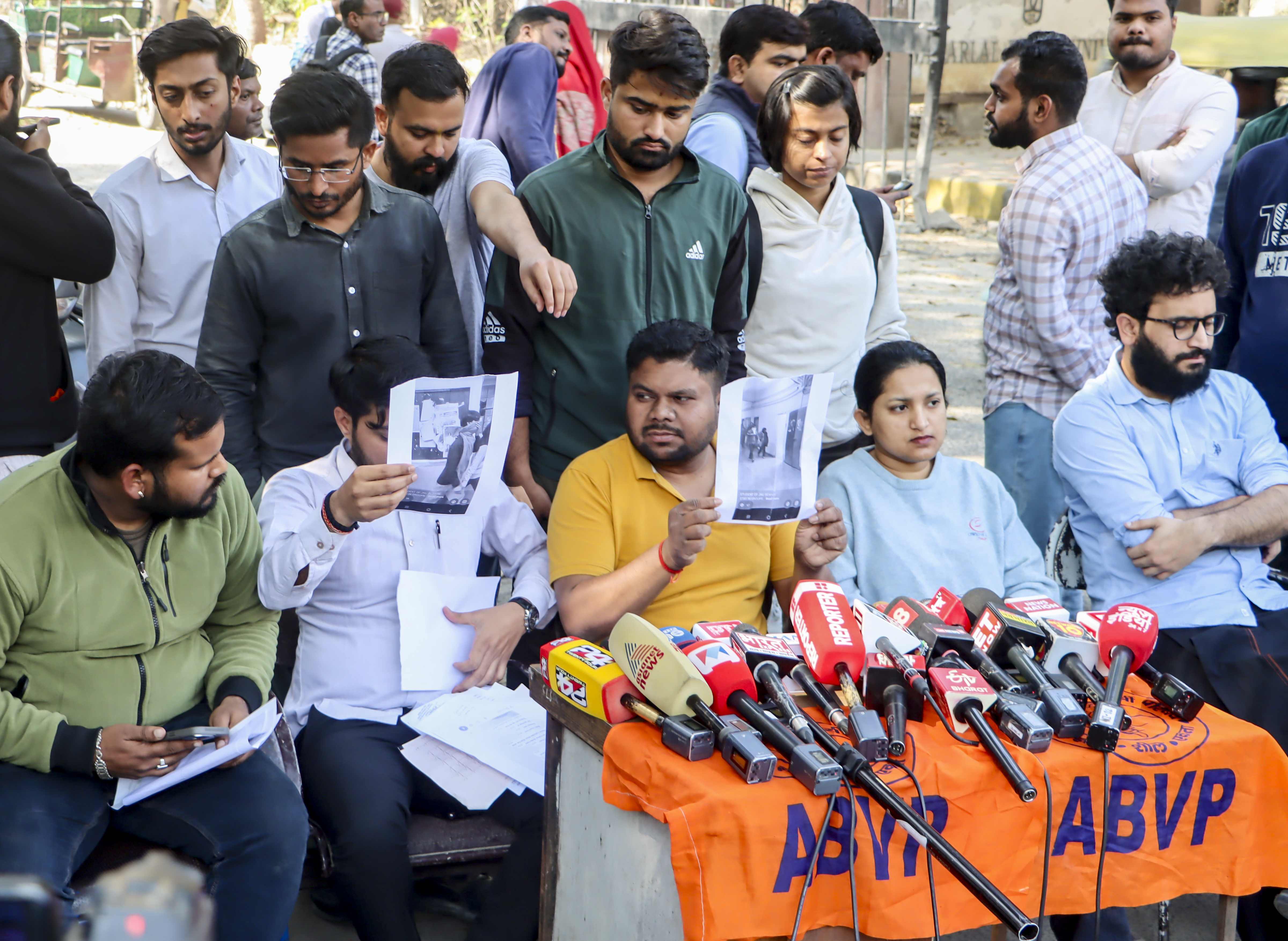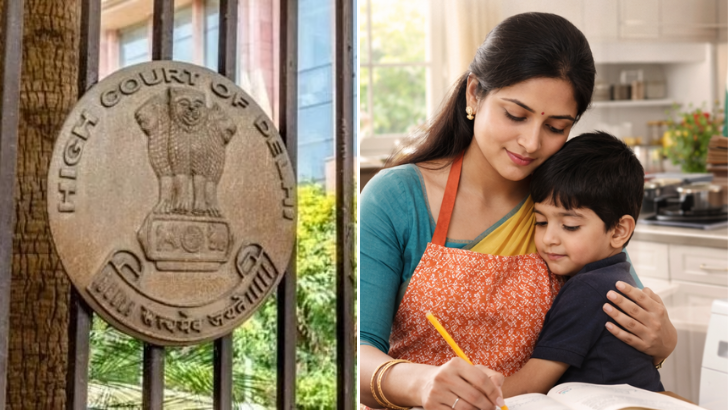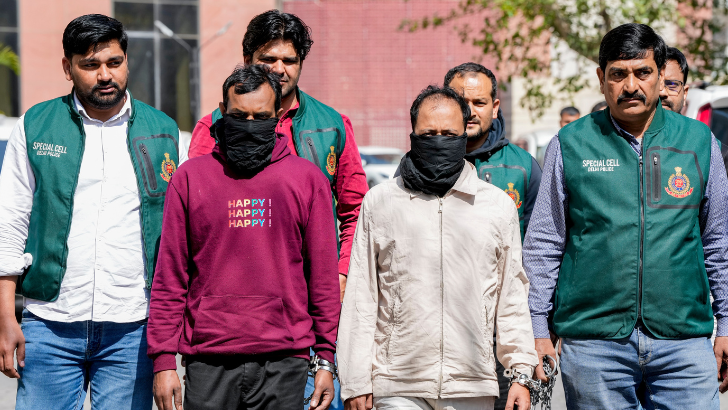Allahabad HC rape case remarks: Why make such observations? SC asks
The high court recently granted bail in the rape case, observing the complainant "herself invited trouble" by agreeing to go to the applicant's house after getting drunk.
PTI
-
Supreme Court of India
NEW DELHI, 15 APRIL
The Supreme Court on
Tuesday took exception to the Allahabad High Court's
recent remarks in a rape case as reportedly saying the complainant
"herself invited trouble", and wondered why it made such observations
while deciding a bail plea.
The high court
recently granted bail in the rape case, observing the complainant "herself
invited trouble" by agreeing to go to the applicant's house after getting
drunk.
The apex court's
observations came when it was hearing a suo motu case over the Allahabad High
Court's separate order of 17 March in which the high court said grabbing
breasts and pulling the drawstring of a woman's "pyjama" or
lowers did not amount to the offence of attempt to rape.
"There is
another order passed by another judge of the same high court," a bench of
Justices BR Gavai and Augustine George Masih said.
Justice Gavai went
on, "If one wants to grant bail that is okay but why make such observations
that she invited trouble and all that. One has to be very careful on this side
(bench) also."
Solicitor general
Tushar Mehta asked how a common man perceived such observations was required to
be kept in mind.
The bench adjourned
the hearing in the suo motu case for four weeks.
On 26 March, the apex
court stayed the high court's 17 March order in the attempt to rape matter
which meant the same couldn't be used in any judicial proceeding for seeking
reliefs by the present set of accused or others.
The top court had
said some of the observations made in the order reflected total
"insensitivity" and "inhuman approach".
It had taken a suo
motu cognisance of the matter after it was brought to the notice of Chief
Justice of India Sanjiv Khanna.
The high court's 17
March order held that the attempt to rape offence was not made out against the
accused and they were liable to be summoned for the lesser offence of assault
or use of criminal force to woman with intent to disrobe her.
The high court's
order had come on a petition by the accused challenging the order of a special
judge in Kasganj through which they were summoned for the alleged offence under
section 376 (rape) of IPC among other sections.
In another case, the
high court passed an order granting bail to an accused and said, "Having
heard counsel for the parties and examined the matter in its entirety, I find
that it is not in dispute that victim and applicant both are major. Victim is
student of MA, hence she was competent enough to understand the morality and
significance of her act as disclosed by her in the FIR."
The court added,
"This court is of the view that even if the allegation of the victim is
accepted as true, then it can also be concluded that she herself invited
trouble and was also responsible for the same."
Leave a Reply
Your email address will not be published. Required fields are marked *








